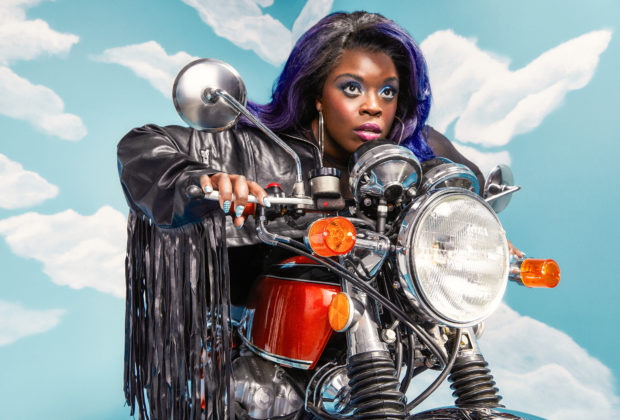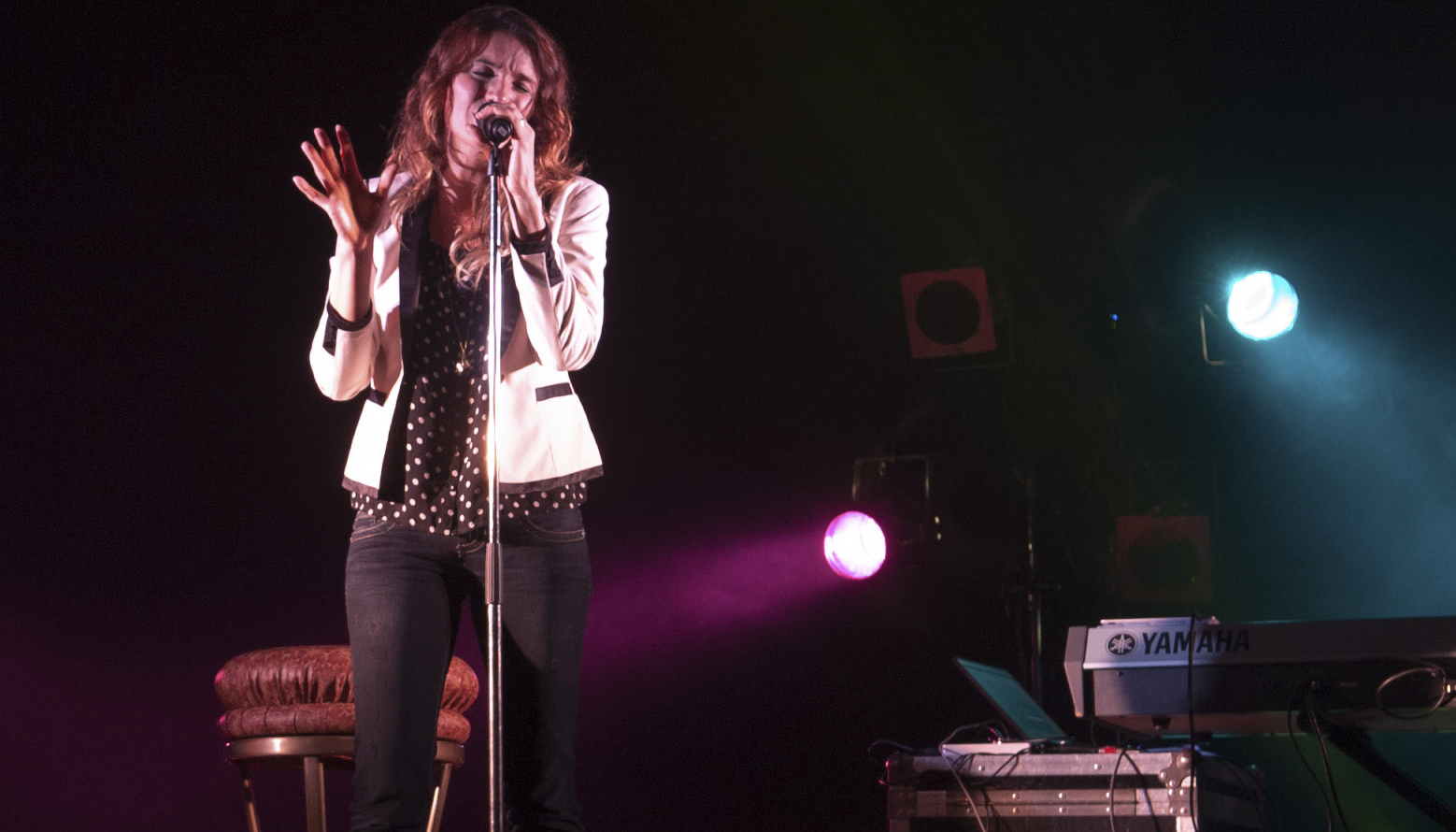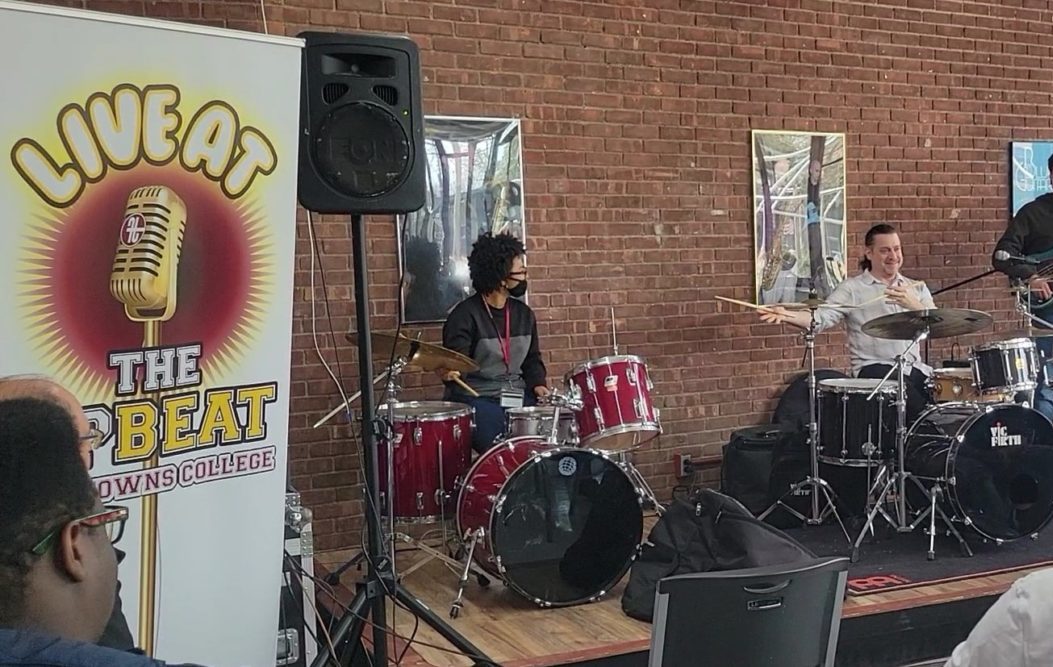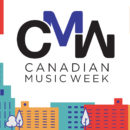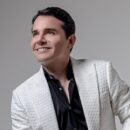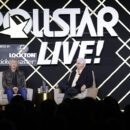Peanut-gallery concertgoers often relish in yelling at musicians to “shut up about politics.” Aside from the blatant irony lost on those belligerent blockheads, they don’t realize that musicians stripped of their beliefs are incapable of writing authentic and passionate songs that the loudmouths so enjoy.
Yola, on the other hand, is incapable of keeping her opinions to herself. For her—and us—that is a very good thing, because she is one of music’s boldest new voices.
The 38-year-old Brit, who lives in Nashville, got a late start as a solo artist, after years guest-singing and songwriting for Massive Attack, Duke Dumont and many other artists. But after the death of her mother, Yola decided in 2013 to take the big plunge into performing by herself.
The gamble paid off in 2020, when she earned four nominations at the Grammy Awards—including the all-genre Best New Artist category—in the wake of her solo debut, Walk Through Fire. Critics continued to shower Yola with praise, and she received two Grammy nods for her sophomore album, 2021’s Stand for Myself for Best Americana Album and Best American Roots Song for “Diamond Studded Shoes.”
Yola’s career trajectory continues to carry the singer-songwriter to new heights, including headlining tours. Those who are not familiar with Yola probably will be soon, even if they don’t like music: Yola will portray the “Godmother of Rock and Roll,” Sister Rosetta Tharpe, in an upcoming Baz Luhrmann biopic about Elvis Presley starring Tom Hanks.
Like Yola herself, the material she has created thus far combines a hard-to-define combination of rock, symphonic soul and classic pop. We recently caught up with the musician to discuss her lifelong commitment to erase racism, why she is grateful for Dolly Parton and how she managed to climb out of poverty in the U.K. to become a superstar in the U.S.
Music Connection: Good afternoon, Yola.
Yola: Hi!
MC: How’s life?
Yola: Excellent. I’m in Nashville in my house.
MC: As somebody who came to the U.S. from England, what’s your perspective on Nashville?
Yola: I knew it was important in terms of music … but I wasn’t necessarily as aware of the culture here. I was aware of Dolly [Parton]. She exposed me to music. Later, proponents of country, like Shania Twain, took over the charts internationally.
MC: Did you settle into Nashville pretty quickly?
Yola: Yes. Things spoke to me here. I came here on a writing trip in 2010. My publisher’s Nashville office at the time was really small, like two people. But they did way more work here than in offices at the coast and had stronger communication. That meant business was getting done quickly. People actually spoke to each other. In L.A., you never really get word passed from one institution to another. You can’t see the world for the trees in that city—not all the time, but sometimes.
MC: What were your initial goals when you arrived in Nashville?
Yola: I began asking for lots of co-writes. But they were too bombarded. It’s almost like you bumped into too many people. Still, because I found the city to be relatively accessible, I kind of saw it as a chink in the armor of what appeared to be an impenetrable industry. Also, there’s something happening here with the way that artists of color interact with people in the queer space, for example.
MC: So, you didn’t feel as much of an outsider in Nashville as you might have felt in L.A.?
Yola: Yeah, that’s it. It’s really fascinating to hear you say that. Historically, [the city] is successful because it’s very targeted and focused.
The objective it has is getting out nationally.
MC: What is Nashville’s primary focus?
Yola: Oh, you know, purely country music. You can make arguments about the 1990s having more of a country-pop thing,
MC: When you started out and had a small team, did it behoove you as a solo artist to develop a sound that was easily classifiable as country?
Yola: The U.K. is an island, and there’s not a lot of people. On this continent, there is a wealth of musicians that you can go to, to learn how to play everywhere from a wedding to, on the other end of the spectrum, in the studio. When I grew up in the U.K., there were a lot [fewer] opportunities to learn from other musicians. As a result of that, most of us grew up listening to the radio and making mixtapes that had Nirvana next to A Tribe Called Quest.
MC: What have you learned about music history, living in Nashville?
Yola: Being cross-genre was seen as standard. That’s how Elton [John] operated, for example. Because of our distance from the rest of the world, and the way that we interacted with it, musically, it was a very, very individual experience.
MC: That’s fascinating and very well-put. In all my years, I haven’t heard that perspective before. Thank you for sharing that. My understanding of your story is that your parents didn’t want you to pursue music as a full professional career because they thought it was unrealistic.
Yola: So, first and foremost, I grew up in a single-parent family, so it was one parent, singular: my mother. I had to adjust to all different types of financial situations as I grew up. The financial difficulties led to a complete lack of access to money.
MC: What was your living situation like when you were a kid?
Yola: It was fine. We had a two up, two down brick building—very British, with a modern house dock. Where I grew up, it was like a village. It was isolating, but sometimes my friends and I would jump on our bicycles and head out. We’d go to a field to play until the sun went down.
I would notice when going to my friend’s house, they had toys. We didn’t have anything, which is maybe why I got deeper into music. I couldn’t get a bunch of vinyl because we didn’t really have much money, but my mother had saved hers when she was a kid. So, I’d always have access to music, even if we didn’t have money.
Music was seen as normal, from a cultural standpoint. People were exposed to music broadly, and not necessarily just like one kind of music. It was not seen as something that is separate to us in the diaspora. Music is intrinsic in Africa, too.
So, because of music, I didn’t feel bad all the time that I didn’t have any store-bought toys. Instead, I had a box of cuts of wood, and those were my toys.
But more often than that, I would sit and listen to music, and make mixtapes. I tried to find myself in what I could hear. There were TV shows that would specialize in what was coming out of America, which is really central to a lot of kids of color in the U.K.
MC: Did you consciously decide, as you became a musician, that you wanted to break color barriers? From what I understand, that was one of the themes of your first two records. When did working to oppose color barriers become a hardened goal of yours?
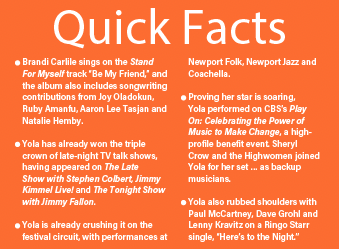 Yola: I knew that I wanted to do music at about age 4. My sense of ownership of everything felt really complete. I suppose there’s a real privilege I have in knowing my ethnic background and all of my heritage. I know where my parents came from and which tribe they belonged to. A foundation said I was the first generation of either side of my bloodlines being born in the west. That meant I had connections to places like Africa and the Caribbean.
Yola: I knew that I wanted to do music at about age 4. My sense of ownership of everything felt really complete. I suppose there’s a real privilege I have in knowing my ethnic background and all of my heritage. I know where my parents came from and which tribe they belonged to. A foundation said I was the first generation of either side of my bloodlines being born in the west. That meant I had connections to places like Africa and the Caribbean.
I learned the earliest inclinations of contemporary music were coming off this continent of North America. I’ve always felt that it’s my legacy to reclaim.
MC: Before we shift more into your first two albums—and I also want to talk about the Elvis movie—was researching your family genealogy something that you’ve been doing your whole life? Or was there a certain period where you really delved deep into it?
Yola: I’ve spent my whole life doing it, since I felt so isolated growing up in the village. They said, “You’re not like a city black.” And you’ll talk to people in the States that are country blacks. It wasn’t like we were far outside of Bristol, but countries that are teeny-tiny, it doesn’t take long for you to then be in a different country. So, you’re either suburban or country, depending on how far up the place you live in it. There’s definitely a difference between suburban blacks and country blacks.
That’s how I connect to the world of music. I felt that I didn’t adhere to any kind of trope that was being presented to me as acceptable for somebody that looked like me. Contemporary music is a great appropriation.
People are mentally conditioned to believe myths about the origins of contemporary music. So, I became obsessed with finding out the etymology of how false ideas can evolve—as I was obsessed with finding out where I came from. A lot of my research has helped me understand my voice, which has an old-school quality to it. In the Elvis movie, my voice doesn’t feel like it’s out of time.
MC: You mentioned Sister Rosetta Tharpe earlier in our conversation. It sounds like you were already familiar with her story, even before the opportunity to be in the film came across your plate.
Yola: Yeah. In my late teens, I became aware of [the guitar legend]. Honestly, I didn’t get on the guitar for a long time. The kind of music she played is responsible for so much.
MC: Did white musicians rip off her music as they did so many blues legends?
Yola: Yes. It’s all about blood money. It’s my duty to represent what is ours and to claim what is ours. [Sarcastically] We’ve been good at sharing, right? 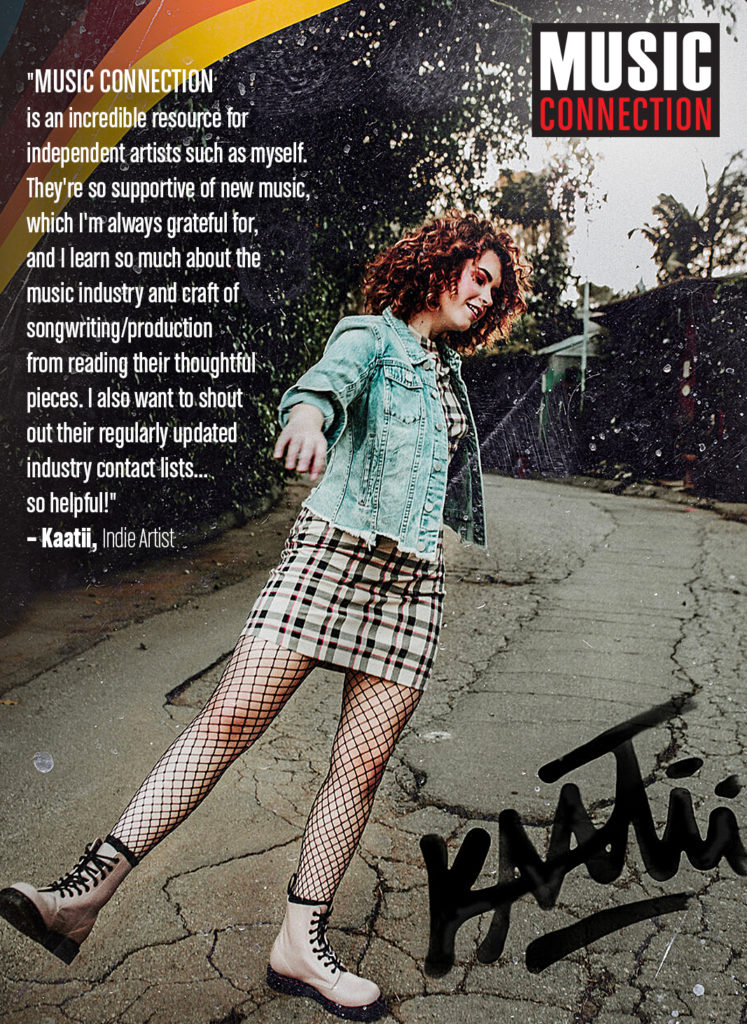
MC: Is it all accurate to say, at least to some extent, that your first album was an effort to reclaim your personal story and that your second album is opening up a new world for you? If so, is it also about being able to explore a whole new world that maybe you didn’t have as much access to before?
Yola: The first record is more of an introductory piece. The second record is more of a reclaiming of music. Culturally, I feel like with the first record, I was in a space where I wasn’t naughty. I was not able to do the full extent of what I wanted to do because I didn’t know anybody on a basic level. I didn’t have any kind of bargaining power. At least half of what I wanted to do, I was going to need a fully blown network of people and build the environment that I knew would allow them to do at least some of what I wanted to do.
The first record always feels to me like it was a collaboration. But none of the people involved had one thing in common with me. And so it’s very hard to say that [the first album] was definitely me taking ownership of my life. With the second record, I wrote more essential thoughts of my life than the entirety of the first record. The second record is me delving into myself. It’s like, “My black book is open, here you go.” And I’m like, “Cool.” ‘Cause I didn’t know anything. In the places where [the album is] most experimental, it’s very obviously where I am. Absolutely.
MC: And you brought in songwriters like Joy Oladokun, Ruby Amanfu and Natalie Hemby, who weren’t the same archetype that you mentioned before.
Yola: Right, right. I tried to go into places I don’t inhabit. I felt the album had to be sufficiently weird to really get where we wanted to go. And if anyone’s ever met Pat McLaughlin [another songwriting collaborator on the album], he’s a weird guy. He’s eccentric. And so I was like, “You always seem to get it so you can come back your way.”
Given that I am the human epicenter of the situation, [the album] should probably reflect me. Much like when you exist in a scenario where people aren’t aware of how segregated the country is, because they’ve grown up in it their whole lives, they don’t realize how isolating it can feel to be the only one of a type of space.
And so that’s really why this record starts with “Barely Alive,” the song I wrote with Joy. Everything was about not being the only one in the space. It’s like how you might be surviving when you’re certainly not living.
Also, the record focuses on a lot of Brits who are white guys, and patriarchy. Boris Johnson recently, he’s a hot mess. And he’s really typical of what it’s like in that country. Patriarchy is a real thing that I had to get over. So, I was like, there has to be an ode to the sexists in here because they really harshed my mellow for decades.
Like “Diamond Studded Shoes,” it’s the establishment trying to placate the public whilst, um, clearly robbing the public. Meanwhile, in the U.S. I felt like we were in the middle of some shit-crazy fight. There’s a real to and fro, and you don’t know what’s going to happen next. It could be the Dawn of Aquarius. It could be a Nazi apocalypse. It could be anywhere in between. And like, you really feel that a fight is live and happening and anyone could win. You don’t know who. It’s kind of scary a lot of the time.
If I can’t feel the fight, is it happening or has it already been done psychologically? Have we gotten to a point where we are required to make real change in the U.K. right away to get away from the colonialist mindset, given that we’re the OGs? That song really tackles that issue.
I was talking to somebody who had listened to the record, and they said at first they thought it was a bunch of breakup songs or relationship or love songs. And then they listened to them again and saw the songs were about the struggle of a black woman.
This is politics. This album came about with me really realizing what was happening, my life and my place in it, and how I might tailor it to make it more well-suited for me, just simply as an artist, let alone as a human.
Contact [email protected]
Photos By Joseph Ross Smith

